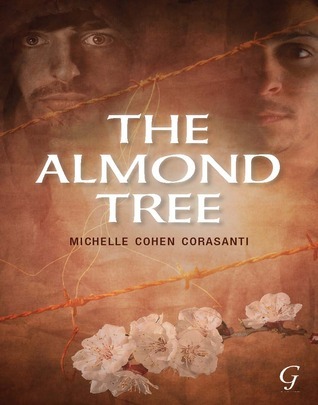What do you think?
Rate this book


348 pages, Paperback
First published January 12, 2012
 Facebook
Facebook Twitter
Twitter“I had no idea words could have so much power and beauty.”
"I said to the almond tree, "Friend, speak to me of God, and the Almond Tree blossomed."
"You can not go back and make a new start, but you can start now and make a new ending."
“The accusative of violence, like that of love, destroys the in-between, crushes or burns it, renders the other defenseless, strips itself of protection.
In contrast to this stands the dative of saying and speaking, which confirms the in-between, moves within it.
Then again there is the accusative of the singing poem, which removes and releases what it sings from the in-between and its relations, without confirming anything. When poetry and not philosophy absolutizes, there’s rescue.”
Hannah Arendt, Denktagebuch (on free translation: Thinking Diary, or Book of Thoughts), vol. 1 of her “Notebooks”, p. 428 August 1953.
Corasanti's badly written book is throwing more fuel on the already burning conflict.
AND THIS IS EXTREMELY RELEVANT.
The suffering and painful losses (the gifted) Ichmad Hamid and his impoverished family endured during the never-ending conflict between the Israeli and Palestinians was hard to take, but at the same time, this unputdownable story filled the pages with family commitment and hope for a brighter future through education. Great characters.....Great (2012) debut!